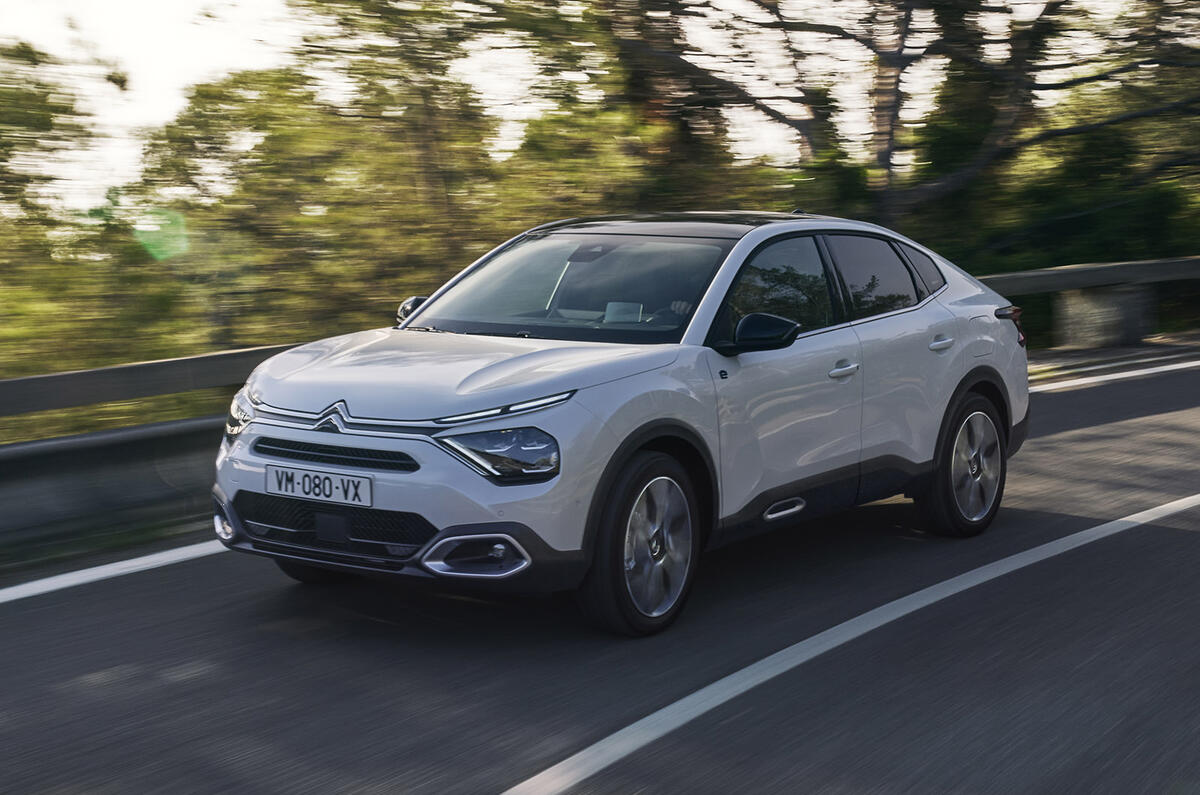Electrification is threatening the existence of affordable vehicles, the boss of Citroën Europe has said, as the rising price of raw materials impacts car production around the world.
Speaking at the launch of the Citroën ë-C4 X, Arnaud Ribault suggested that the French manufacturer is aiming to reduce costs of its electric cars.
“The work we're all doing now is to decrease the costs [of cars] to compensate for the raw material [cost] increase and the electrification cost increase,” Ribault said.
“It’s really a threat that the electrification has increased the price of the car so much that people can't afford cars any more.
"It’s a real threat, not only regarding Citroën, so we're increasingly conscious of that and are working on this.”
While prices for the ë-C4 X haven't been revealed yet, the fastback is expected to command a similar price to the Citroen ë-C4 hatchback, which starts at £29,995.
Citroën maintained that a key draw of the ë-C4 X will be its affordability.
“We're not running after having the biggest battery on the market, but we’re in the running for the most affordable and near-to-customers battery, for example, for BEV cars,” said Pierre Monferrini, its head of future products.
Citroën said that it also wants to be sustainable by design, costing less from a technical point of view and lasting longer from a customer's point of view.
“Sustainability is our future, the future of our industry, and the C4 X is ready for that,” said Ribault. “Our customers are looking for sustainable mobility solutions. That's why the C4-X will only be available as a BEV in 14 countries in Europe.”
Excluding the £7695 Citroën Ami electric quadricycle, the brand's cheapest car is currently the Citroën C3 supermini, which costs from £12,995 in the UK.




Join the debate
Add your comment
I live in rural Cumbria; any helpful tips?
if you think cheap cars are responsible for creating that climate change, you really haven't done very much research.
Quite - it has always been so easy to pick on the car and tax it mercilessly so as to be seen to be doing something, as successive governments have done ad infinitum. It doesn't need an Einstein to realise that the worst culprit for CO2 emissions is heavy industry: steel, cement. glass and shipping chuck out horrendous levels of the stuff yet rarely get criticised publicly.